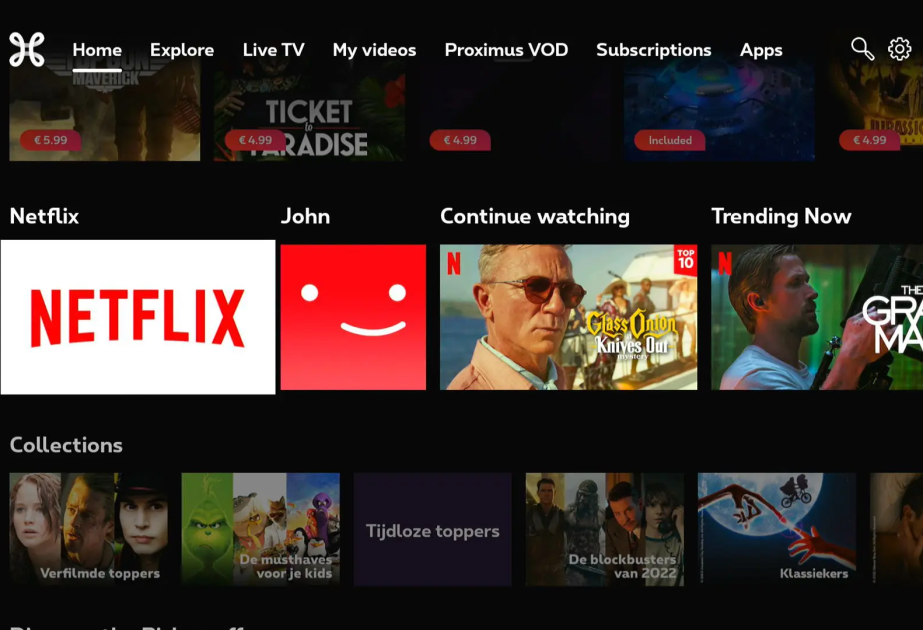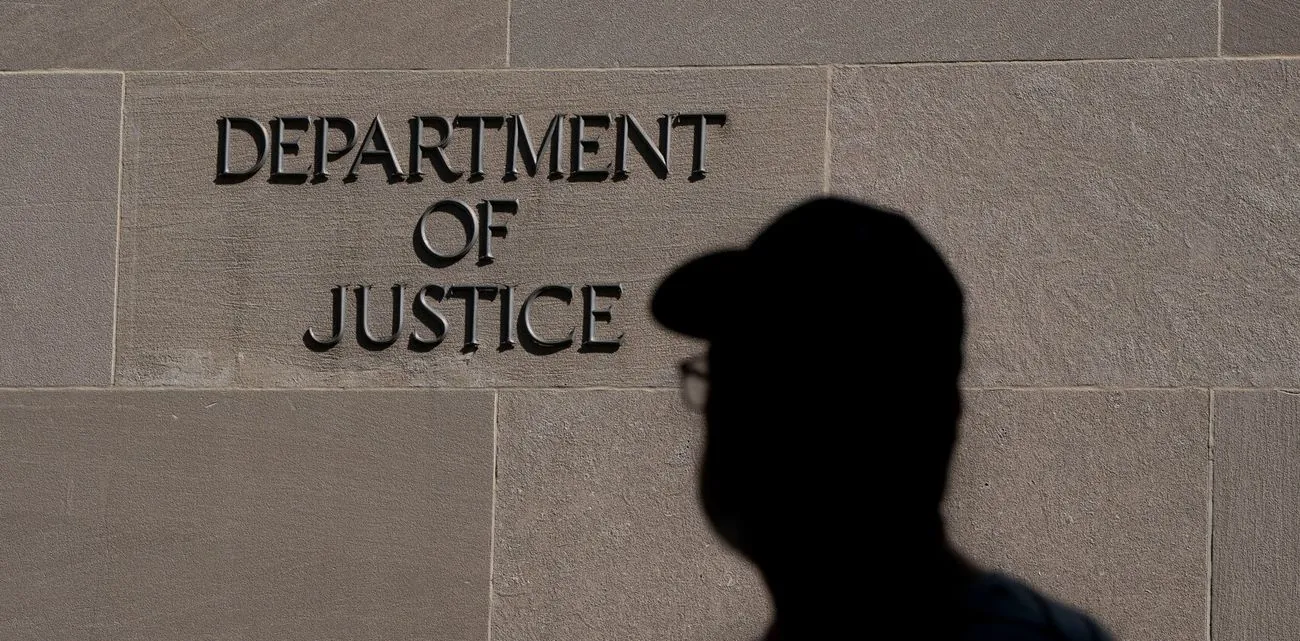- TECHSWU
- Posts
- TECHSWU
TECHSWU


Acer has just unveiled its cutting-edge AI TransBuds at Computex 2025, an innovative pair of smart earphones designed to bridge language barriers with real-time translation in 15 languages! Featuring a stylish ear-hook design and Bluetooth 5.4 connectivity, these earphones are perfect for meetings, online classes, and travel.
Weighing in at just 65 grams, they come packed with features like live captioning, transcription, and a practical charging case. The TransBuds promise seamless interaction while you only need to wear one earbud for translation.
With support for languages including English, Hindi, Chinese, and more, they are particularly appealing to Indian users traveling or working internationally. While Acer hasn't announced pricing or availability for India yet, these smart devices hold great potential for students, professionals, and travelers seeking convenience on the go.

Exciting news for tech enthusiasts! The Nothing Phone 3 is confirmed to launch globally in July, promising to elevate the flagship smartphone experience to new heights. With a price tag around GBP 800 (approximately Rs.
90,000), this sleek device is anticipated to showcase premium materials, major performance upgrades, and an innovative software experience. The Nothing Phone 3 is set to feature an impressive triple rear camera setup, powerful Snapdragon chipset, and a robust battery exceeding 5,000mAh.
This smartphone is designed to significantly outshine its predecessor, the Nothing Phone 2, making it an eagerly awaited release. As the launch date approaches, details about its design and key features will undoubtedly excite fans even more.

Is Freeview on its last legs? With more viewers shifting to streaming services, a new set-top box may be the game-changer needed to keep Freeview relevant. As platforms like Freely gain traction, the BBC is teasing a potential upgrade to deliver broadband content directly to users’ screens—without the need for new TVs.
This means you could enjoy a user-friendly interface and access to popular shows without sacrificing your beloved old set. As the landscape continues to evolve towards digital content, this anticipated shift could lead to a more accessible, all-inclusive viewing experience.
Plus, with Freeview's reliability taking a hit during inclement weather, switching to a broadband-based service promises hassle-free entertainment.

Netflix is gearing up for a game-changing shift in advertising with its plan to integrate artificial intelligence into its ad-supported TV series by 2026. During a recent event, Amy Reinhard, the company’s president of advertising, revealed that viewers will encounter AI-generated ads while watching shows or even during pause breaks.
Although it remains unclear how these ads will be tailored—whether based on viewing history or live content—Netflix CEO Ted Sarandos believes AI can enhance not just advertising but also elevate film quality by up to 10%. This innovative approach promises to transform the ad experience into something more personalized and engaging, setting Netflix apart in the competitive streaming landscape.
With the potential for real-time ad adjustments based on viewer interactions, this strategy could redefine how audiences connect with advertisements, making them more relevant and organic to the viewing experience.

In a world where rising food costs can feel overwhelming, innovative AI tools are stepping in to save the day for both restaurants and consumers. This article highlights four transformative technologies tackling inflation head-on.
First up is Topanga, an AI platform that streamlines kitchen operations, minimizing food waste and labor costs while keeping menu prices down. Then, Mealmind serves as your personal AI sous-chef, crafting customized meal plans and shopping lists to cut down on impulse buys and wasted ingredients.
**Nosh** tackles home food waste with smart inventory tracking, ensuring you use what you have before it spoils. Finally, there's Too Good To Go, connecting you with local eateries offering heavily discounted surplus food.
Together, these tools are revolutionizing the food landscape, turning financial struggles into savings and promoting smarter eating habits.

The ACLU highlights the dark side of artificial intelligence (AI) in its latest commentary, stressing that while AI holds potential for economic growth, it often perpetuates racial and economic inequalities. As AI systems are integrated into crucial sectors like housing, employment, and finance, they typically reflect and amplify existing biases—rooted in flawed data and systemic discrimination.
The article urges the Biden administration to prioritize civil rights and equity in its AI policies, emphasizing that without intervention, the digital divide will only widen. Biased algorithms can lead to unfair treatment in tenant screenings, hiring processes, and loan approvals, making it imperative for federal agencies to ensure accountability and compliance with civil rights laws.
The ACLU calls for robust action to dismantle these inequalities, arguing that failing to address these issues risks deepening the historical injustices faced by marginalized communities.

In a significant move against online exploitation, President Donald Trump has signed a groundbreaking law prohibiting the distribution of AI-generated pornography and “revenge porn.” This legislation responds to the alarming rise in deepfake technology, which has increasingly targeted individuals—particularly women—with non-consensual explicit images.
Under the new law, social media platforms are required to remove such harmful content within 48 hours, with the Federal Trade Commission empowered to enforce compliance. Trump emphasized the pressing need for this protection, stating, “Today we're making it completely illegal,” as he highlighted the real psychological toll on victims.
With support from various advocates, including First Lady Melania Trump, this law marks a pivotal step towards safeguarding digital spaces from malicious abuse and clarifying legal repercussions for offenders, setting a precedent for future tech-related legislation in the U.S.